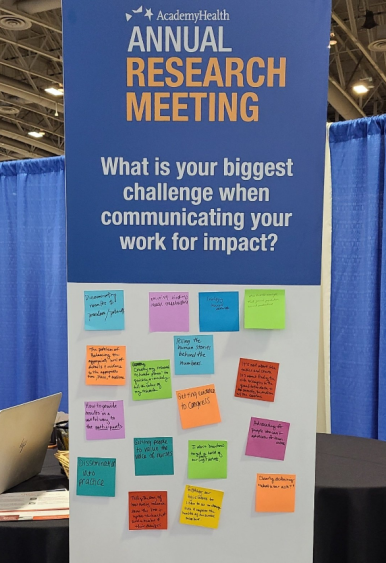From Data to Action: A Health Services Researcher Goes to Washington, and Rethinks How to Share Evidence to Inform Policy
Health Data for Action grantee Carrie McAdam-Marx reflects on her journey to take her research on insulin out-of-pocket costs to the Hill.


